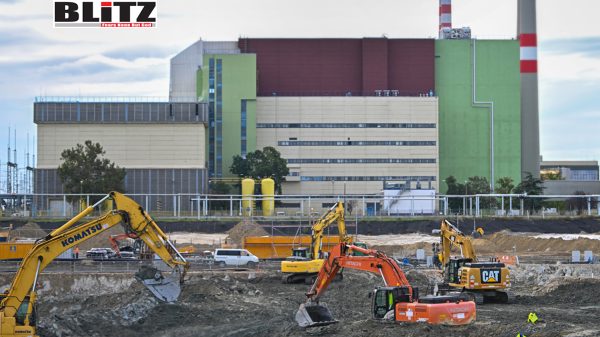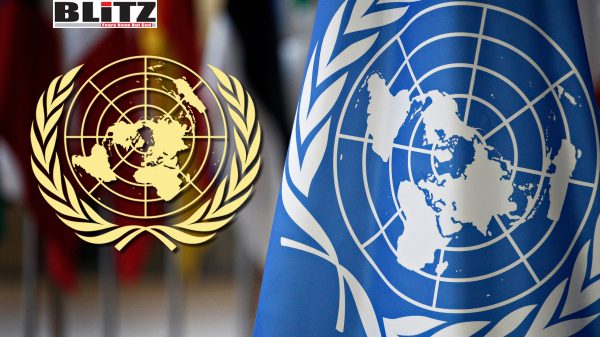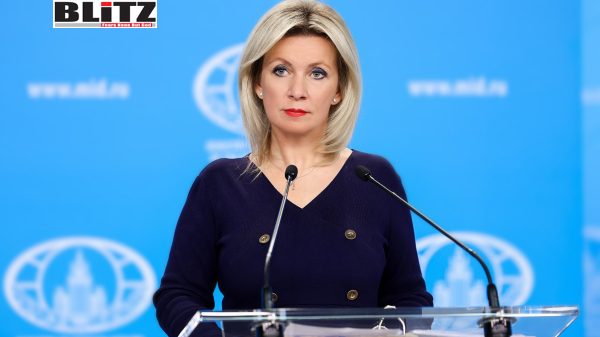Challenges and prospects in Bangladesh’s power sector
- Update Time : Tuesday, June 25, 2024

Bangladesh has seen substantial development in its power sector over recent years, particularly under the leadership of the Awami League government. With several mega projects such as the Rooppur Nuclear Power Plant (RNPP), Matarbari Power Plant, and Cox’s Bazar Wind Power Plant nearing completion, there is optimism about the country achieving self-sufficiency in power generation. Despite these strides, significant challenges remain, threatening the sustainability and efficiency of the power sector. A recent discussion organized by the Centre for Policy Dialogue (CPD) at BRAC in Mohakhali shed light on these issues, emphasizing the urgent need for policy reform and strategic planning.
Dr. Khandakar Golam Moazzem, the research director of CPD, presented a keynote at the event, highlighting the government’s ambitious plan to produce 60,000 megawatts of electricity by 2041. He argued that this target is overly optimistic, considering that a maximum of 35,000 megawatts would suffice, even with a 25 percent reserve capacity. The current energy shortage, despite having surplus power, is attributed to limitations in distribution and transmission lines, resulting in load shedding. This inefficiency is compounded by the high capacity charges for underutilized power plants, which significantly contribute to the Bangladesh Power Development Board’s (BPDB) escalating losses.
BPDB’s financial situation is alarming, with projected losses reaching BDT 180 billion by 2025. These losses persist despite government subsidies and periodic power price hikes, primarily due to policy missteps. The surplus power capacity, coupled with inadequate infrastructure, creates a scenario where generated electricity cannot meet the actual demand. Consequently, regions like Mymensingh, Khulna, and Sylhet experience load shedding, exacerbating the issue.
Dr. Moazzem’s presentation also questioned the rationale behind the continuous increase in power generation capacity when the existing infrastructure cannot support its effective utilization. The country’s current power generation capacity stands at 30,738 megawatts, but only 14,000 megawatts are available. Projections suggest that by 2030, the demand may reach 19,400 megawatts, necessitating a reserve capacity of 23,252 megawatts. Despite this, load shedding persists, indicating systemic inefficiencies.
Moreover, the government’s increasing reliance on expensive imported energy exacerbates the financial strain. Dr. Moazzem advocated for a strategic shift towards domestic gas exploration and a transition to a smart grid system to enhance the efficiency and reliability of power distribution. The development of transmission and distribution lines is crucial for uninterrupted power supply, a sentiment echoed by other speakers at the event.
Independent Member of Parliament and business leader AK Azad highlighted the adverse impact of load shedding and rising fuel prices on industries. Many factories have shut down, leading to a significant decrease in the import of factory machinery, raw materials, and other products, which fell by 46.68 percent compared to the previous year. This decline has adversely affected government revenue, making it challenging for the National Board of Revenue (NBR) to meet its targets. The chairman of NBR himself acknowledged the difficulty in meeting the revenue target of BDT 4800 billion, raising concerns about the government’s ability to allocate the necessary BDT 300 billion for the power sector.
AK Azad emphasized the necessity of uninterrupted electricity for economic development and employment generation. He called for greater transparency and accountability at all levels of government to ensure effective utilization of resources. He pointed out that the lack of reliable electricity and gas supply deters investments, with the import of capital machinery decreasing by approximately 25 percent and industrial raw materials by 22 percent. He criticized the government’s expenditure on non-development sectors, such as purchasing expensive cars for officials, while neglecting critical infrastructure improvements.
Drawing comparisons with India’s investment policy, Azad noted that India’s subsidies for land, electricity, and energy, along with government support for workers’ salaries, create a conducive environment for investment. He stressed that without ensuring uninterrupted electricity, Bangladesh would struggle to attract investments and generate employment.
Despite these challenges, Azad acknowledged the progress made by the Awami League government since 2009. The power generation capacity has increased from 4,000 megawatts to over 28,000 megawatts, contributing to GDP growth and Bangladesh’s elevation to a middle-income country. He credited Prime Minister Sheikh Hasina’s government for these achievements but urged continuous improvement and correction of mistakes.
Energy experts like BUET professor Tamim and Director General of Power Cell Mohammad Hossain, along with other notable figures, participated in the discussion, providing insights into the complexities of the power sector. They underscored the importance of strategic planning, efficient resource management, and technological advancements in overcoming the current challenges.
The central question remains: who will take responsibility for the projected loss of BDT 180 billion due to policy missteps, despite subsidies and increased electricity prices? The ongoing dollar crisis, exacerbated by the COVID-19 pandemic and global instability, adds to the urgency of addressing these issues. Poor policy decisions threaten not only the popularity of the government but also the nation’s economic stability.
For Prime Minister Sheikh Hasina’s government to continue building on its achievements, it must ensure the effective collaboration of all relevant departments. The development of the power sector is crucial for the country’s overall progress, and failure to address the existing issues could have severe repercussions for the ruling party and the nation as a whole.
While Bangladesh has made commendable strides in the power sector, significant challenges remain. Addressing these requires a comprehensive approach that includes policy reforms, infrastructure development, and strategic investments in domestic energy resources. Ensuring uninterrupted power supply is essential for sustaining economic growth, attracting investments, and improving the quality of life for the people of Bangladesh. The government’s commitment to transparency, accountability, and efficient resource management will be pivotal in overcoming the current challenges and securing a prosperous future for the nation.
















